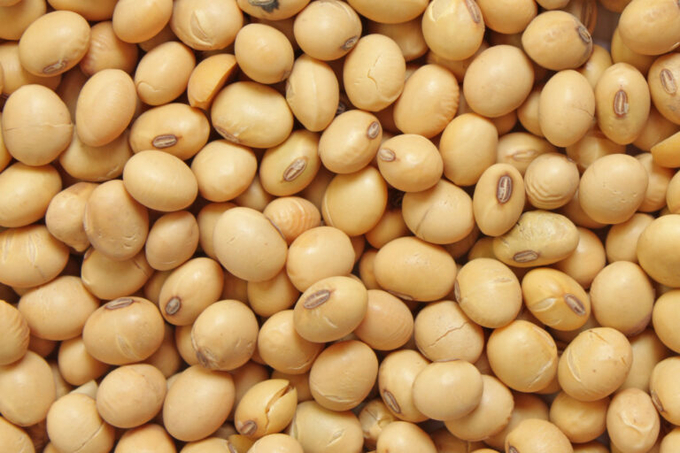June 18, 2025 | 00:50 GMT +7
June 18, 2025 | 00:50 GMT +7
Hotline: 0913.378.918
June 18, 2025 | 00:50 GMT +7
Hotline: 0913.378.918

This ban on GMO soy reportedly created a huge crisis in the poultry industry, as the major protein raw material for chicken feed suddenly became unavailable. Photo: Canva.
The National Biosafety Centre (NBC), a state regulator responsible for evaluating the potential risks of GMOs to human health and the environment, has officially authorised GMO soybean imports by granting import licenses to 39 companies. The decision follows months of fierce debates between government officials, business organisations, and farmers over GMO safety and the impact of the move on the country’s food supply chain.
A “crucial” move
The Pakistan Poultry Association (PPA) welcomed the move, describing it as crucial for maintaining steady protein supplies, especially after a prolonged ban on GMO soybean imports. However, the decision was criticised by several local business organisations, which expressed concerns about the potential impact on local agriculture and the environment.
In particular, the environmentalists claimed in a statement that it was made “without conducting local risk assessments required by Pakistan’s Biosafety Rules and the Cartagena Protocol, which calls for assessments to ensure the safety of GMO products for human health, the environment and local biodiversity”.
Several government agencies, including the Ecology Ministry, fiercely opposed the withdrawal of the ban.
Food industry crisis
Pakistan’s food industry sectors are facing a crisis, threatening food security, jobs, and international confidence in the country’s agricultural sector, Dr Vaqar Ahmed, joint executive director and head of the Sustainable Development Policy Institute, a think tank long advocating for the GMO ban removal, said in a statement in October.
Ahmed estimated that 42% of Pakistanis are malnourished, and a rise in poultry prices, the country’s key source of protein, could worsen the situation. He estimated that prices have surged to Rs350 (US$4.15) per kg, occasionally exceeding Rs500 (US$5.9), compared to just Rs175 (US$2) in early 2022.
The current crisis is believed to have been largely provoked by the GMO import ban imposed in October 2022, when an investigation revealed large and poorly controlled imports of GMO soybeans into the country. The GMO ban wreaked havoc on the poultry industry.
“This [GMO ban] created a huge crisis in the overall poultry industry, as the major protein raw material for chicken feed suddenly became unavailable. Broiler farmers started panicking and stopped placing chicks in their sheds. This translated to a huge drop in production,” Muhammad Salman Sabir, a local analyst, explained.
The Pakistan Poultry Association (PPA) warned that nearly 60% of poultry breeders in the country were affected by the crisis, with many going bankrupt. However, independent researchers believe the problem might be overblown. In 2023, the Pakistani poultry market decreased by 5.8% for the first time since 2015, ending a 7-year rising trend, IndexBox, a think tank, calculated.
(Poultryworld)

(VAN) According to the Binh Thuan Department of Industry and Trade, in the first five months of 2025, Binh Thuan's dragon fruit export turnover increased by 20.65% compared to the same period last year.

(VAN) EU countries on Thursday gave final approval to new tariffs on fertilizer imports from Russia, a move aimed at cutting off revenue that could support Moscow’s war in Ukraine, despite concerns from European farmers.

(VAN) The working delegation from the Ministry of Agriculture and Environment conducted an important trip to the Netherlands to strengthen strategic partnerships and sustainable development in the agricultural sector.

(VAN) The letter ‘A Plea from the Ocean’ not only evokes emotion but also awakens the human conscience to the responsibility of protecting life on Earth.

(VAN) The Department of Agriculture in South Africa has announced the country’s first mass vaccination of poultry to prevent local birds from contracting avian influenza.

(VAN) Establishment of the Mekong Delta Regional Agricultural Linkage Center, aiming for a closed value chain, deep processing, trading platforms, and international market connectivity.

(VAN) Gia Lai province has recently recorded 460 rare species of animals and plants, contributing to forest conservation and biodiversity planning in the region.